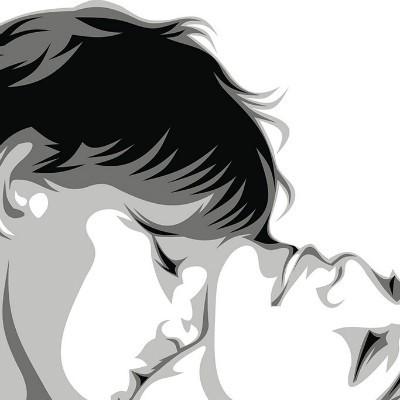Types and symptoms of cerebral infarction?
summary
Cerebral infarction is a disease caused by the sudden decrease or stop of blood flow in the local cerebral artery. If it is serious, it is easy to cause death. Cerebral infarction is a common and frequently occurring cerebrovascular disease. It often occurs in the elderly and is easy to recur. The sequelae varies according to the severity of the disease. Types and symptoms of cerebral infarction? Let's talk about it.
Types and symptoms of cerebral infarction?
1. Dizziness, headache suddenly aggravated or from intermittent headache to persistent severe headache. It is generally believed that headache and dizziness are the precursors of ischemic cerebral infarction, while severe headache with nausea and vomiting are the precursors of hemorrhagic cerebral infarction. These symptoms of cerebral infarction are more common.

2. The symptom of cerebral infarction is sudden onset, often in quiet rest or sleep. The onset of cerebral infarction peaked in a few hours or 1-2 days. Somatosensory changes, such as paroxysmal unilateral numbness or weakness, loss of holding objects, unexplained fainting or falling, unilateral facial paralysis, lasting less than 24 hours. This is the symptom of cerebral infarction.

3. Headache, vertigo, tinnitus and hemiplegia are the symptoms of cerebral infarction, which can be a single limb or one side of the limb, or the upper limb is heavier than the lower limb or the lower limb is heavier than the upper limb. Patients with cerebral infarction also have dysphagia, unclear speech, nausea, vomiting and other conditions, and the serious ones are soon unconscious.

matters needing attention
At ordinary times, we should also do a good job in basic prevention, pay attention to their bad habits to get rid of in time, moderate sports activities are beneficial to health and longevity. Once you have symptoms of cerebral infarction in your life, please go to the hospital in time for treatment, so as not to delay the patient's condition and miss the opportunity of treatment.












